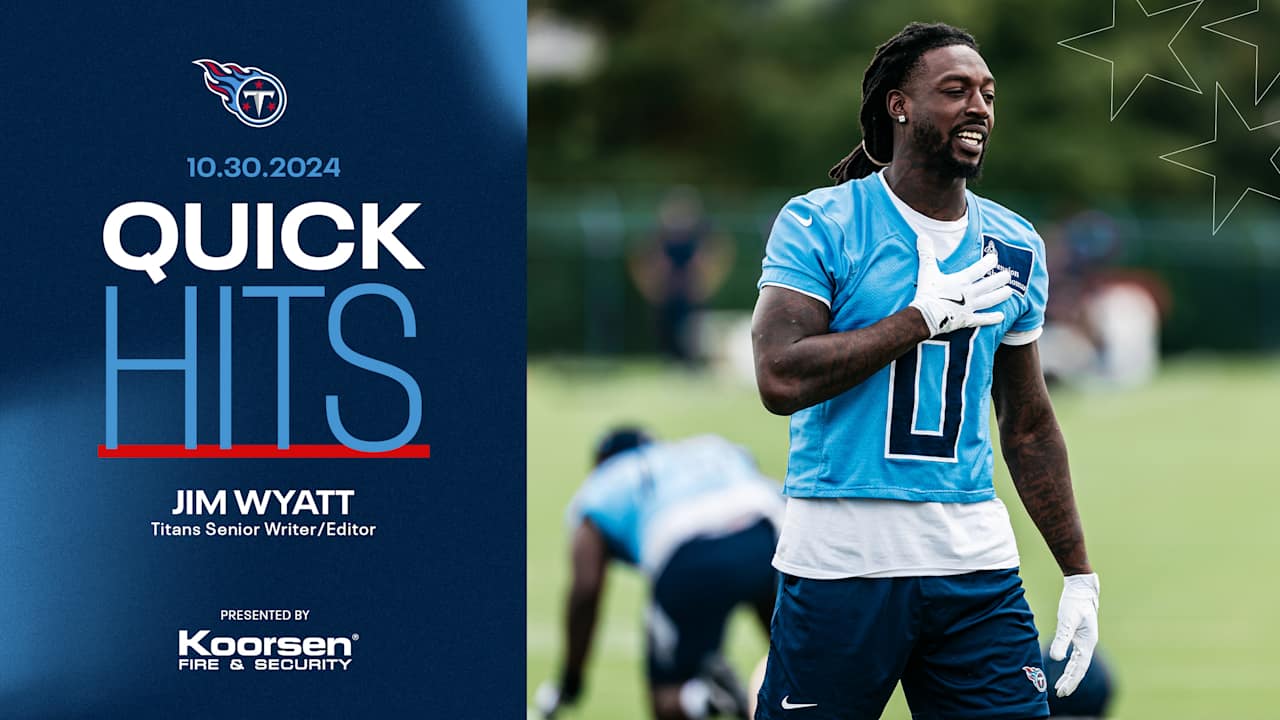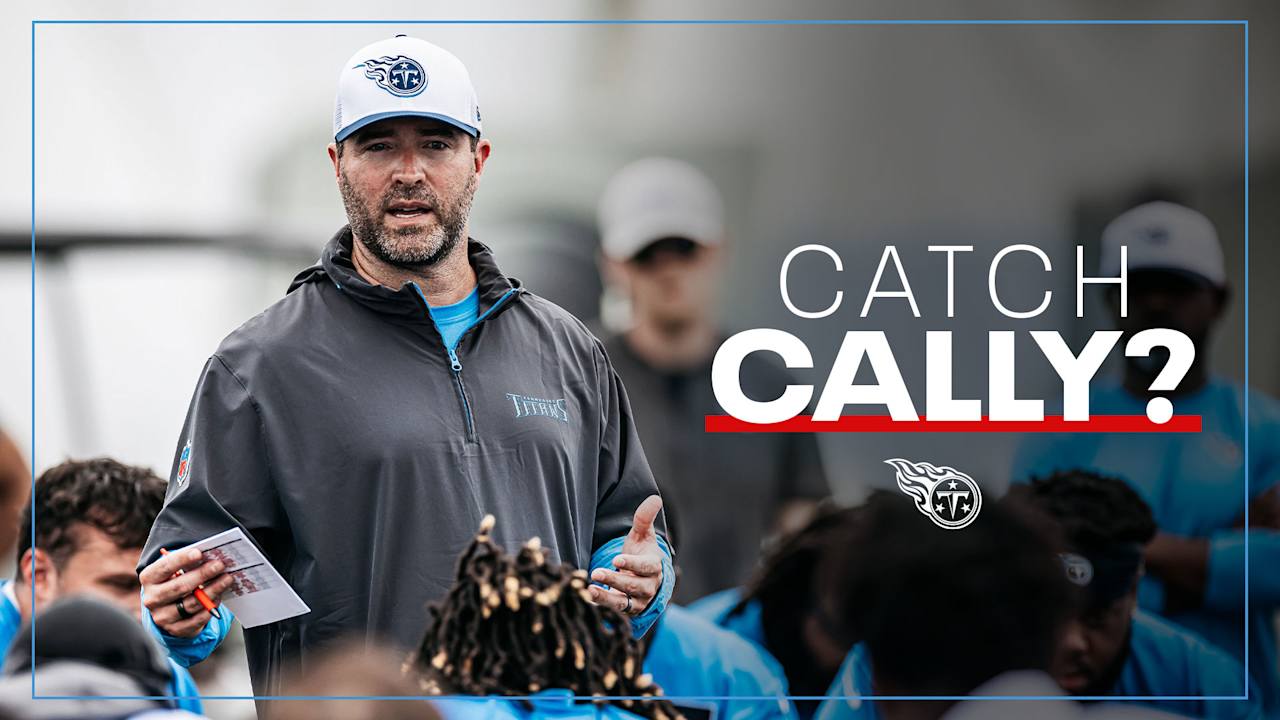MUMBAI — In India, a country where the average payout rate for an audio stream is 10 paise ($0.0014) — about half what Spotify pays artists in the U.S. — most independent musicians struggle to make rent from their plays on the nine main streaming platforms.
An exception is Ritviz Srivastava, a 24-year-old composer, producer and singer, and the creator of a sub-genre of Hindi electro-pop he calls “Hindustani dance music.” In 2020, Ritviz, who is known artistically by his first name, made almost as much money from streaming as he did from touring in 2019 — a notable feat considering he’s one of the busiest live acts in India, playing nearly 70 concerts a year.
Between April and December 2020, Ritviz’s 118 million on-demand audio streams earned him more than Rs10.6 million (about $145,000) after distributor Believe’s 20% revenue cut. As his manager Rahul Sinha, founder of the firm Under the Radar, tells Billboard, audio stream revenue will account for almost 60% of Ritviz’s total income for the 2020-21 fiscal year, which ends on March 31. Amid the pandemic, as live concerts have been shut down, that’s almost four times the 16% share streaming contributed the prior year — and close to the 72% he pulled in from touring.
Ritviz stands out as one Indian artist who didn’t allow the pandemic to blow a financial hole in his career. When his touring income plummeted to zero — as it did for many artists around the world — he found ways to pivot to other parts of his artist business, generating more revenues from streams, brand associations and synch deals.
As of Dec. 31, Spotify was the source of 74% of Ritviz’s streams, followed by Indian streamer JioSaavn (14%), Apple Music (6.5%) and Amazon Prime Music (5%). Ritviz over-indexes on Spotify because he uses “all of its tools,” says Padmanabhan “Paddy” Nurani, the head of artist and label partnerships at Spotify India. The artist studies Spotify for Artists data, creates playlists and partakes in promotional activities with the brand. To build buzz around his new single “Pran,” Ritviz took over Indie India — the platform’s flagship local independent music playlist — for a week in March.
“There has not been a single opportunity that they’ve missed with us,” says Nurani, noting Ritviz has been one of the few Indian artists to fully engage with the platform. “Anytime I talk to Rahul, he knows where Ritviz’s music is working, what cities, genre, gender.”
Ritviz has also benefited from his music’s distinct sound. He established himself by fusing pop and EDM and embellishing them with Hindi lyrics and elements of Indian classical and folk music. The indie artist has “started a new genre of playful electronic music,” says Nurani. “There’s always a musical hook line and a lyrical hook line in his songs.”
And with the “conversational language” he uses in his song lyrics, Ritviz appeals to the Gen Z demographic that makes up India’s largest user base of audio streamers, adds Nurani, noting that 80% of the artist’s audience is under the age of 27.
Last June, Ritviz had as many as six songs simultaneously on Spotify India’s Top 200 chart. They included the breakthrough “Udd Gaye,” which has over 32 million streams despite being released in November 2017 (Spotify arrived in India in February 2019), and “Liggi,” which has more than 44 million plays and is still in the top 20.
When the streamer launched in India in 2019, Ritviz had about 34,000 followers, according to Chartmetric. As of Thursday (April 1), he had more than 683,000.
But Ritviz didn’t rely only on streaming during the pandemic. The synch component of his earnings soared from 1% of his total in 2019 to 25% in 2020. The makers of the mobile game Garena Free Fire used Ritviz’s song “Jeet” in a promotional music video, YouTube incorporated “Liggi” in a Diwali-themed campaign, and in March, Cadbury India included “Udd Gaye” in a TV commercial for their Perk chocolate bar.
He made another 17% of his money last year from deals with brands that included Tinder, for which he created the Pride anthem “Raahi,” and short video app Moj, on which he released an exclusive video album of five 30-second songs.
Sinha began managing Ritviz in 2017 while an employee at Only Much Louder (OML), an Indian entertainment conglomerate. The electronic music artist was signed to the label until 2019 when Sinha left the company, taking Ritviz with him.
While he achieved streaming success without signing to a label, Ritviz benefited from the backing of a brand: spirits maker Bacardi. In 2017, Bacardi picked Ritviz to compose a track for its House Party Sessions series, which showcases upcoming independent music talent. The music video for the resulting single, “Udd Gaye,” was uploaded on the YouTube channel of comedy collective All India Bakchod (AIB), which was working with Bacardi at the time.
“Udd Gaye” proved so successful that Bacardi established a longstanding association with Ritviz and bankrolled the videos for his subsequent releases, including “Jeet,” “Sage,” “Chalo Chalein” and “Thandi Hawa,” which have accumulated between 10 and 20 million plays each on Spotify.
The backing of Bacardi and then AIB introduced Ritviz to an audience beyond the traditional indie music fanbase, his manager says. Even though the comedy troupe disbanded in May 2019, AIB’s YouTube channel boasts 3.9 million subscribers, double that of Ritviz’s.
“This was the next generation of 18-to-24-year-olds,” says Sinha. “YouTube is where our music gets discovered, but at the end of the day, to hear the music, people go on to some audio platform of their choice.”






